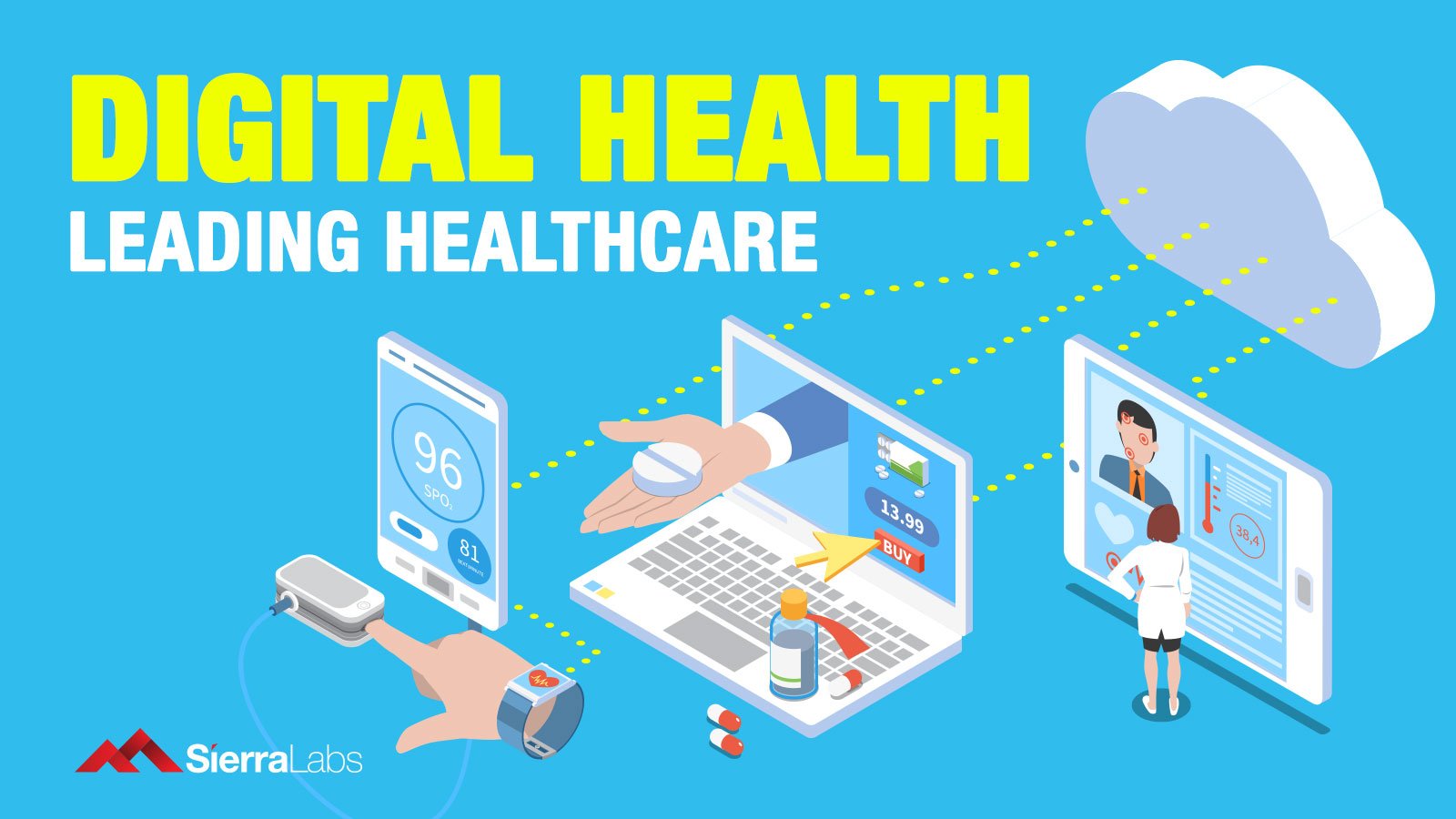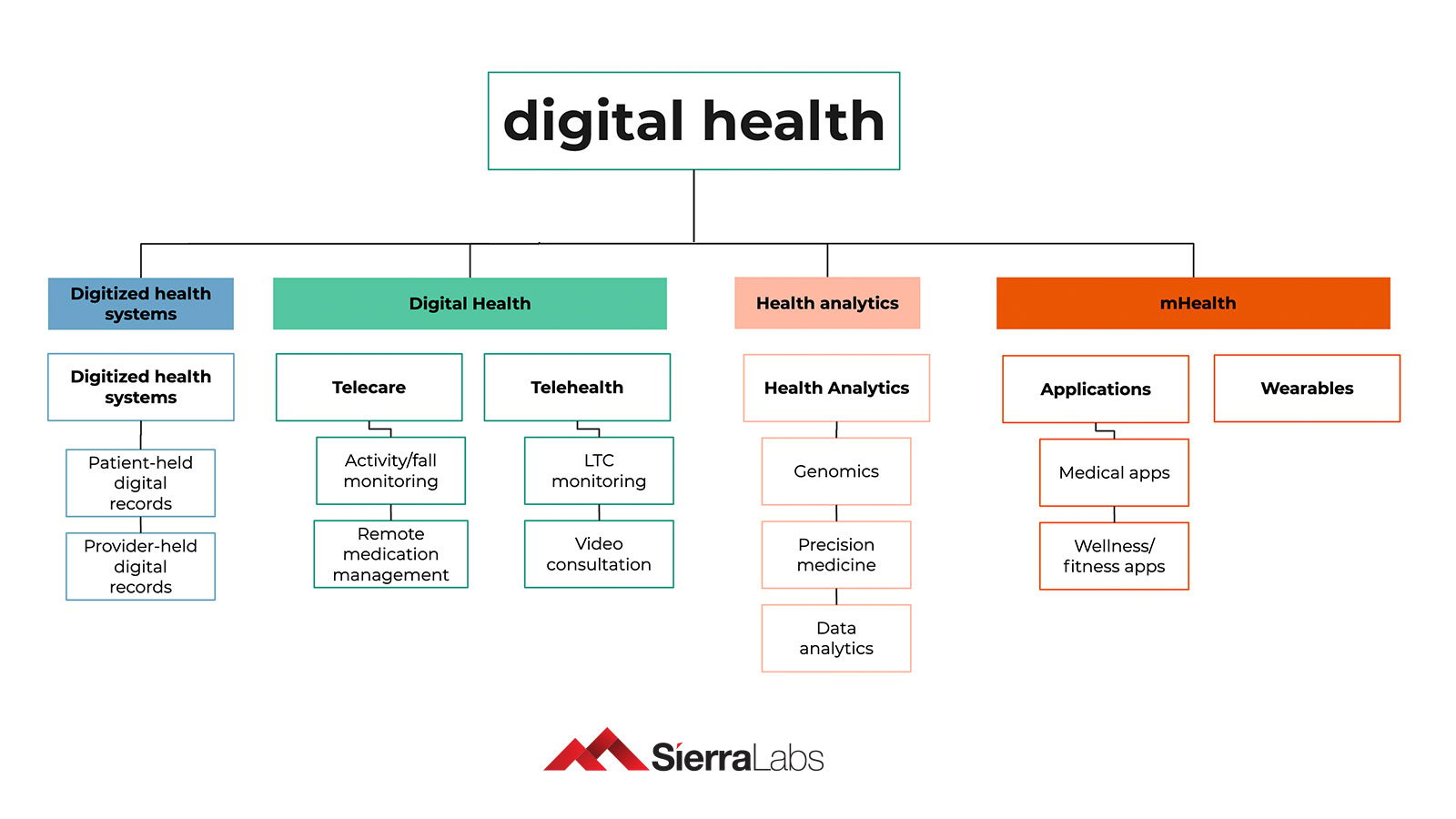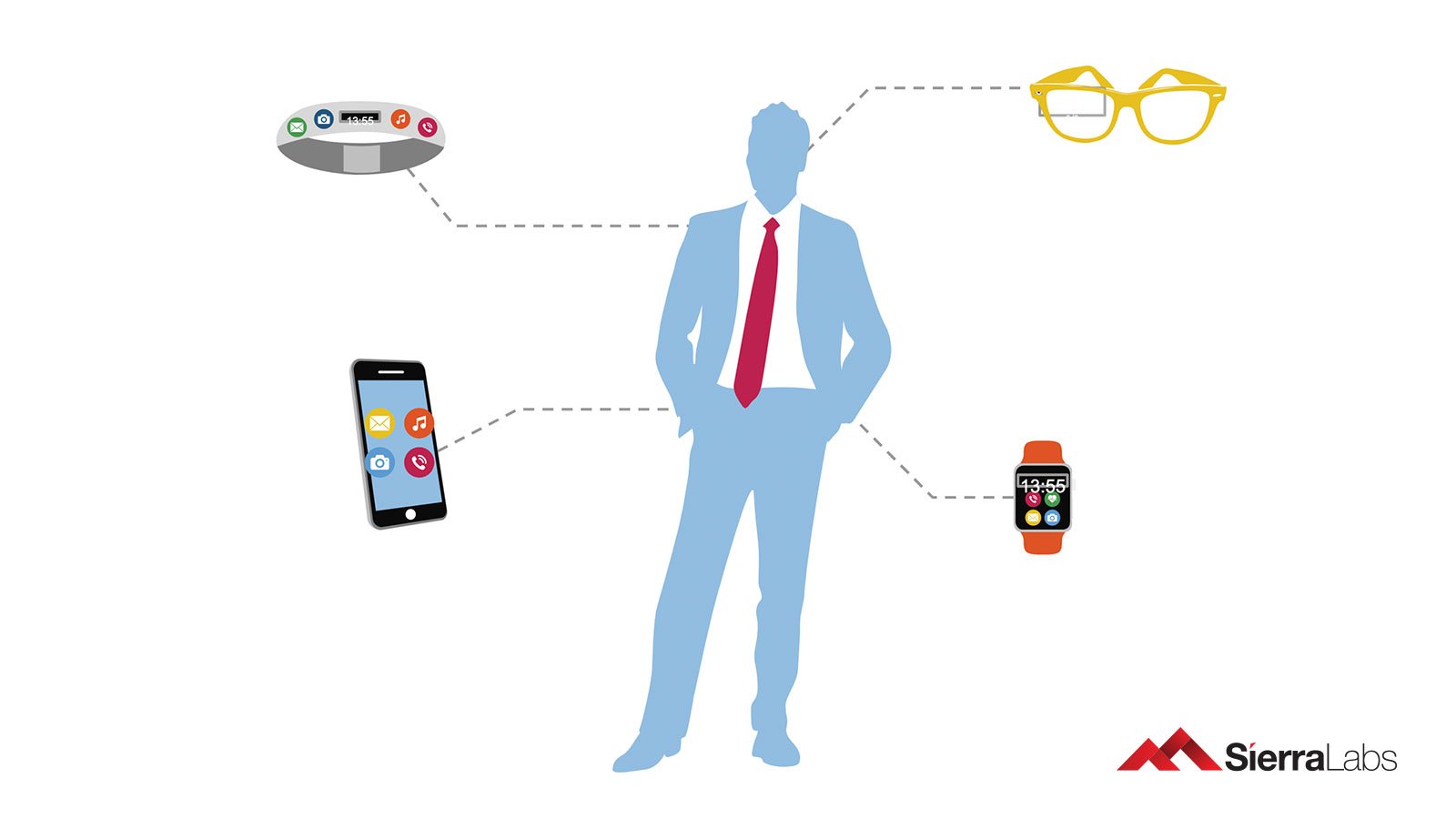Everything you need to know about digital health and its impact, opportunities, and challenges in the life science industry.

Digital health is no longer a future concept; it is a current reality. As technology is rapidly developing each and every day, so is digital health as researchers in the life science space continue to utilize technology to improve public health around the world.
Chances are, you or someone you know are using digital health in your everyday lives. If you have ever used a fitness app before, or if you wear an Apple Watch, you are participating in the digital health craze!
Digital health can be any health technology ranging from wearable gadgets, mobile health apps, ingestible sensors, artificial intelligence, and much more.
Before we cover the impact, opportunities, and challenges of digital health, let’s dive deeper into what exactly digital health is.
What is digital health?
Digital health is the use of digital technology to improve patient health and to better healthcare efficiency. Its goal is to integrate developments in digital innovation with the healthcare system.
It keeps the healthcare system fully present and up-to-date with the latest technological and cultural changes.
There are multiple different categories of digital health, including:
- Digitized Health Systems - for both patients and providers
- Telecare - remote monitoring and emergency alarms
- Telehealth - long-term care monitoring and video consultations
- Health Analytics - analysis of recorded health data
- mHealth Applications - medical, health, and wellness apps
- mHealth Wearables - wearable sensors and monitoring technologies

mHealth wearables and mobile apps are currently the two most popular forms of digital health that are widely adopted by patients worldwide, but with the growth in digital health technologies, this could change in the near future.
Why is digital health important?
To help you visualize the need and importance of digital health, let’s do some quick math. There are about 320 million people in the U.S., but only about 200,000 primary care physicians. That means there are 1,600 patients for every one primary care physician (PCP).

There are about 2,000 hours in a typical working year; that divided by the 1,600 patients per primary care physician equals about 1.25 hours allotted to each patient for every one primary care physician.

A healthcare system that only allows a patient a total of 1.25 hours with their primary care physician is systematically flawed. Digital health technologies are a way to ease this pressure on doctors, allowing them to track and monitor patients remotely while simultaneously empowering patients to monitor themselves independently with digital health as well.
Empowering patients to monitor their own health, while giving them the right tools to do so, means less trips to the doctors office, resulting in decreased healthcare costs and increased healthcare efficiency.


What opportunities come from digital health?
Besides lowering healthcare costs, empowering patients to monitor their own health, and overall increasing the efficiency of the healthcare system as previously mentioned, there are even more opportunities that come from digital health.
These opportunities include:
- Helping patients monitor/manage chronic health conditions
- Detecting and preventing disease
- Personalizing patient medications
- Improving quality of life for patients and healthcare providers
- Using data collection to study disease and find cures
The high level of detailed data collection that is produced with digital health will help pave the way for future research, analysis, and discovery in the health and wellness space.
Who are the key players in digital health?
Many of the major tech companies are investing in digital health, but here are a few of the few key players and their efforts:
- Google
- Invested in the future of digital health
- Focusing heavily on AI for healthcare
- Popular products:
- Google Wear
- Google Fit
- Apple
- Very currently relevant
- Popular product:
- Apple Watch
- Apple Health App
- Amazon
- Recently purchased a medication delivery company called PillPack
- Building a health benefit platform

What are the challenges of digital health?
The three main challenges digital health will face are inclusivity, data security, and regulations.
Inclusivity: Digital health technologies should be available and applicable to as many races, ethnicities, sexes, socioeconomic statuses, etc, as possible. At the moment, the majority of those who are able to use many of the current digital health technologies are those with higher incomes. This leaves out a great deal of health data from lower income groups and communities.
Data security: With the countless amount of health data that will be pouring in with the use of digital health, there needs to be a way to protect patients' private health information. Cyber security is a huge component of keeping all of this data safe and out of the wrong hands. If health data is to be stored to cloud systems, these systems must be validated and GxP compliant to assure patient safety.
Click here to see how to achieve continuous cloud validation and compliance!
Regulations: With further discoveries and developments in digital health, comes new rules and regulations. The FDA has been working to generate new regulations that cover this specific area of health technology. It launched its Digital Health Innovation Action Plan in 2017, which is now live, as well as launching the Digital Health Software Precertification Pilot Program (“Pre-Cert”). New and evolving regulations are hurdles that all digital health companies will face in the future.
To Sum it All Up...
As technology continues to advance and develop, so will digital health and the healthcare space. Regardless of how much the industry will evolve with time, one thing that will always remain a priority is public safety. Thus, you can bet that regulations will always be in place to ensure patient well-being.
Strict regulations mean rigorous documentation, followed by countless audits. You can get ahead of all of this by adopting a document management system that generates audit-ready documents for you to report to auditors.
Sierra Document Automation automates your compliance documentation publishing and can be integrated with the tools you already use. If you would like to see how it can help your organization publish audit ready documents, click here!

